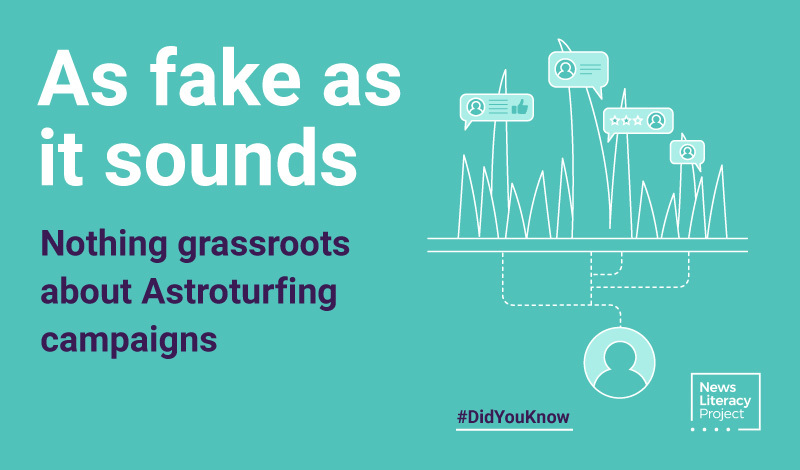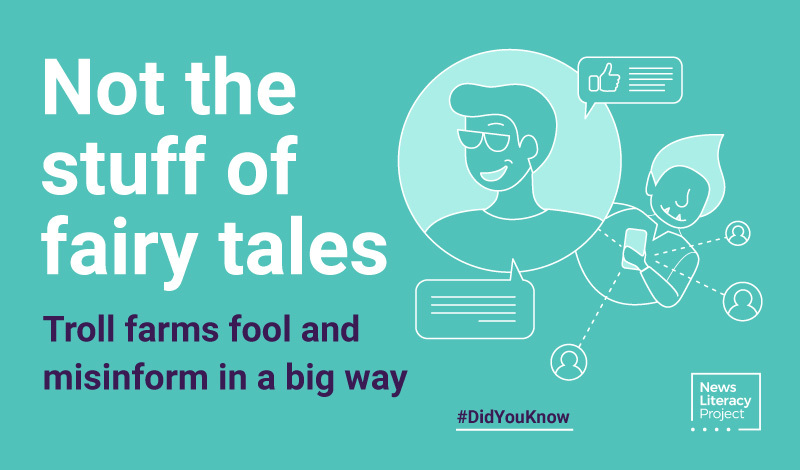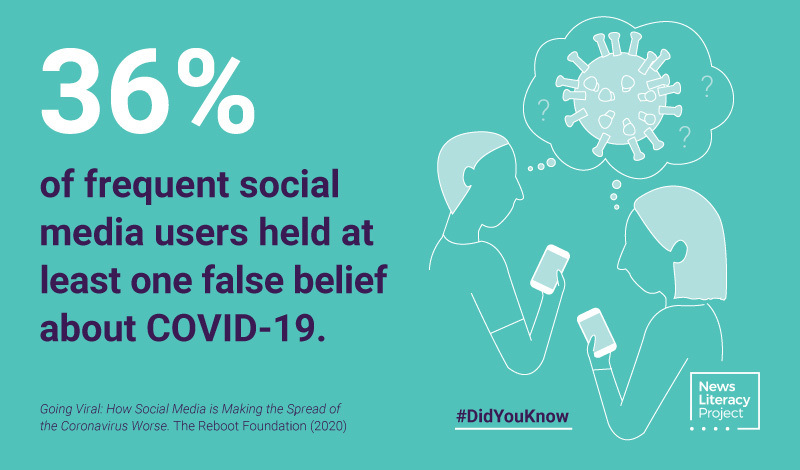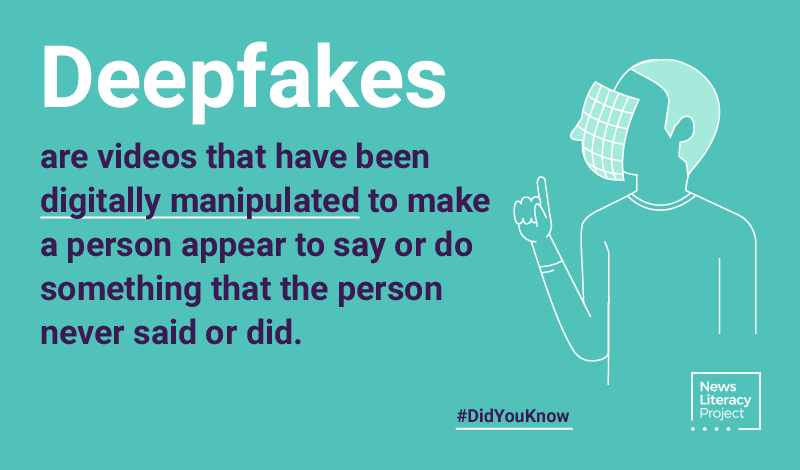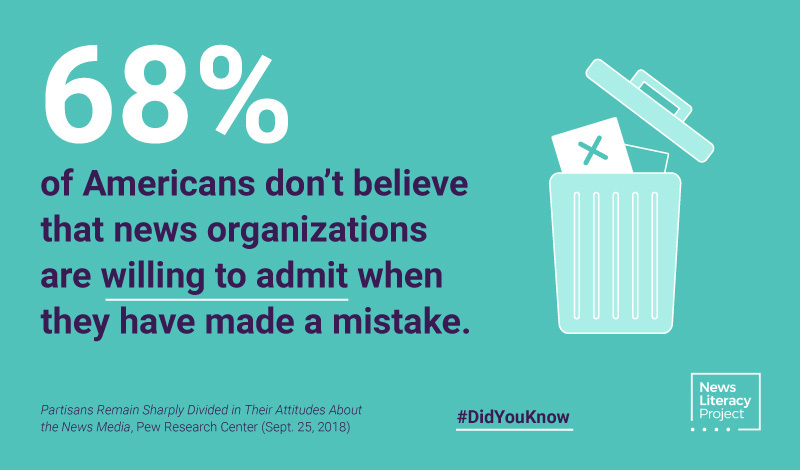
Did You Know?
Conspiracy theories fall apart with enough news literacy
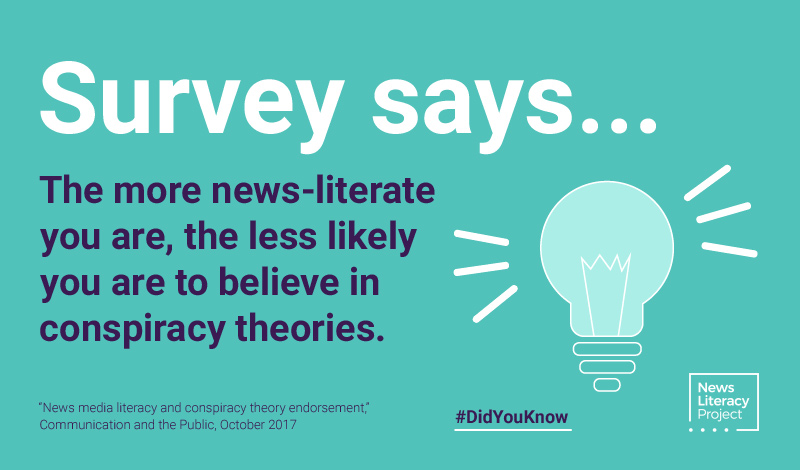
Who believes in conspiracy theories?
Given the May 2019 FBI intelligence bulletin, made public in a news report in August, that “fringe conspiracy theories” are linked with forms of domestic terrorism, it’s worth considering what type of person might fall under their sway.
It turns out, almost anyone can — but people with greater news literacy skills are less likely to believe far-fetched theories.
The FBI memo included examples of “fringe political conspiracy theories”: that, for example, the United Nations is “being used by an evil global cabal to erode American sovereignty, strip away individual liberties, and bring foreign troops to American soil in order to replace democracy with global tyranny.” Here’s another: that mass shootings are actually “false flag” scenarios orchestrated by a secret group that’s in favor of gun control.
According to a 2017 study, “News media literacy and conspiracy endorsement,” it’s not just “the proverbial nut job” who believes conspiracy theories; rational thinkers also fall into these cognitive traps. But the people who do not believe them are more likely to practice the same mental skills as are used in news literacy.
The study examined the overlapping traits between those who are news-literate and those who believe in conspiracy theories. Nearly 400 participants were shown 10 conspiracy theories — half appealing more to conservatives, half to liberals. The promising finding: Both liberals and conservatives with greater news literacy skills were not persuaded by the conspiracy theories aligned with their political beliefs.
The researchers — Stephanie Craft of the University of Illinois, Seth Ashley of Boise State University and Adam Maksl of Indiana University Southeast — found that “individuals who give credence to conspiracy theories know comparatively little about how the news media work.”
“It’s significant that knowledge about the news media — not beliefs about it, but knowledge of basic facts about structure, content and effects — is associated with less likelihood one will fall prey to a conspiracy theory, even a theory that is in line with one’s political ideology,” Craft told the Columbia Journalism Review.
News literacy practices help quash the urge to buy into complicated pseudo-explanations, the study noted — because without those skills, “the power of a compelling narrative and one’s pre-existing biases are often no match for conflicting information.”
